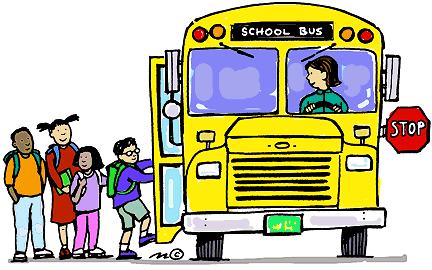 |
| Image from: http://www.chilliwack.com/main/page.cfm?id=2110 |
Scenario
As this summer reaches a close and the last
baseball bats are swung, the final soccer tournaments are played, and
homework-free weekends come to an end, we can almost hear the morning bell
calling us in for another year of school. I’m sure we’ve all experienced that
familiar dread of pop quizzes, boring classes, and endless homework. But even
as the back-to-school signs and chillier weather tell us to start sharpening
our pencils, maybe not all of us are anticipating a return to the classroom.
Perhaps, instead, you’re thinking about
joining the workforce or taking some time off. However, while the stresses of
school can definitely be overwhelming, it is important to consider the
potential consequences of dropping out before you decide to leave school for
good, including how it will impact your chances of getting a job in the future.
Deciding to leave school is definitely a
complex decision that may be influenced by variety of factors. Before
you decide to the leave the classroom for good, make sure to consider the
potential legal consequences of your decision.
The Law: When
can you drop out of school?
The Education Act is
the Ontario
What
if you are sick? Or you have a religious holiday? Or your parents have decided
to home school you? Are you breaking the law? The answer is
no. You can be excused from attendance at school for any of those
reasons, and you are also excused from attendance at school if you are suspended
or expelled.
Every school has a school
attendance counsellor who is responsible for following up when students miss
school. The counsellor will contact the parent or guardian of a student
who is not in school.
If you are under age 16, you can actually
be charged with an offence under the Provincial Offences Act and made to attend
court for skipping or "being habitually absent" from school!
Your parents can be charged
too. The Education Act makes it a parent or guardian’s responsibility to
make sure that students go to school if the law requires it. If a parent
neglects or refuses to fulfill this responsibility, they can be fined up to
$200.
These laws have actually been changed to make the
magic age 18, however, they have not yet been "proclaimed" by
the government and thus the old rule of age 16 still stands. (In
other words, the new law has been written but the government has not yet made the changes valid.)
So, the bottom line: If you are under age 16 and you “drop out”,
both you and your parent(s) can be charged.
If you are 16 or 17 and drop out, then you are technically breaking the
law but at this point nether you nor your parents will be charged with an
offence.
To learn more about mandatory school attendance, see sections 25,
26, 30, and 31 of the Education Act.
This scenario was written
by PLE Team volunteer Rachel Kattapuram.
Legal info by Leora Jackson and JFCY.

No comments:
Post a Comment